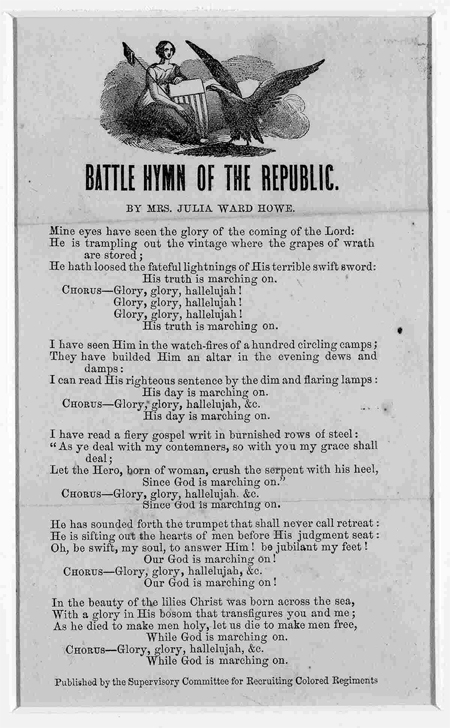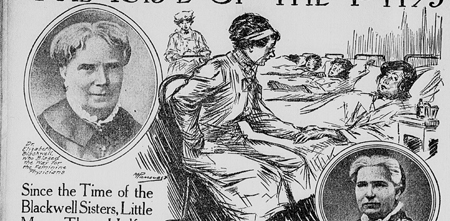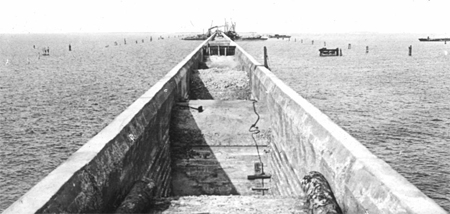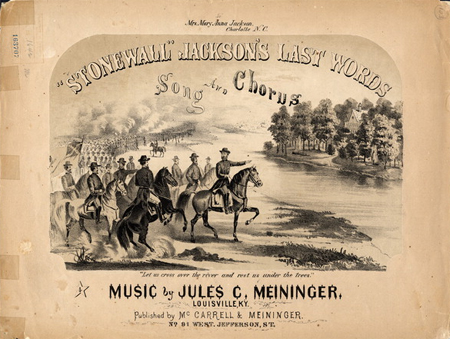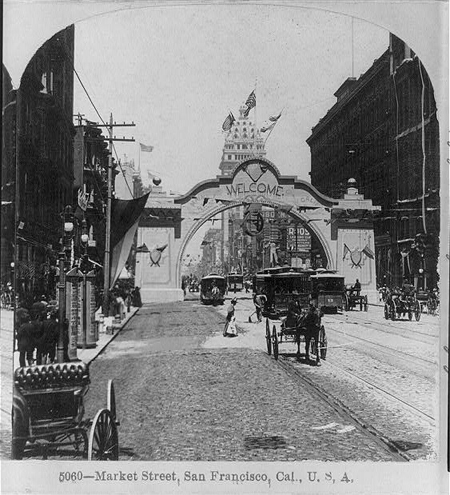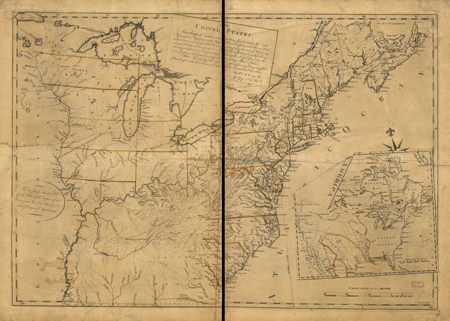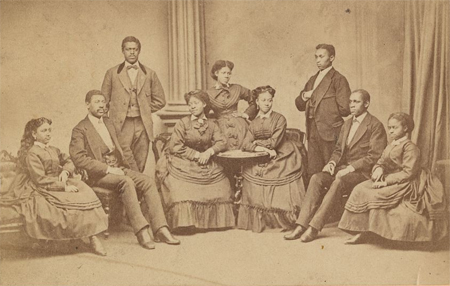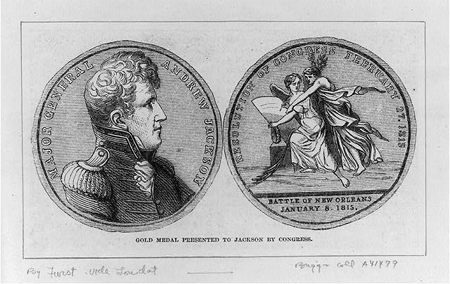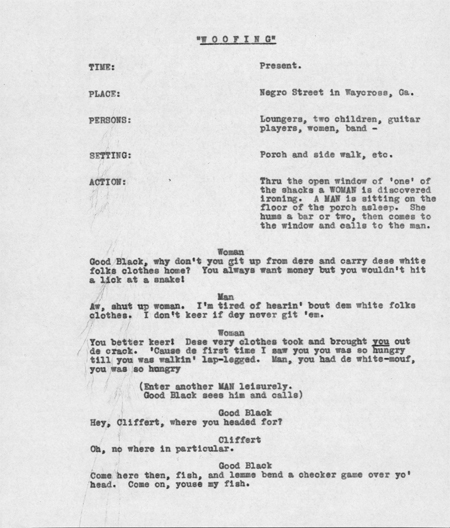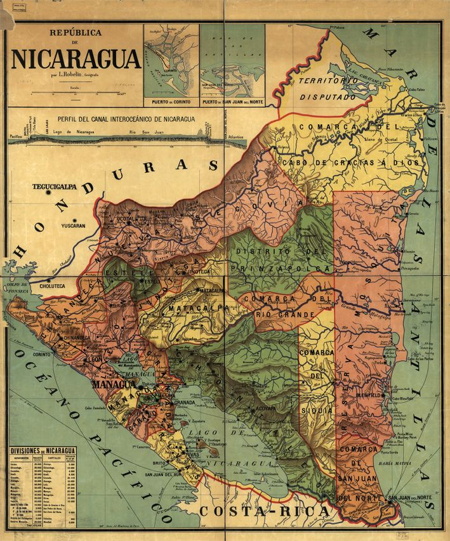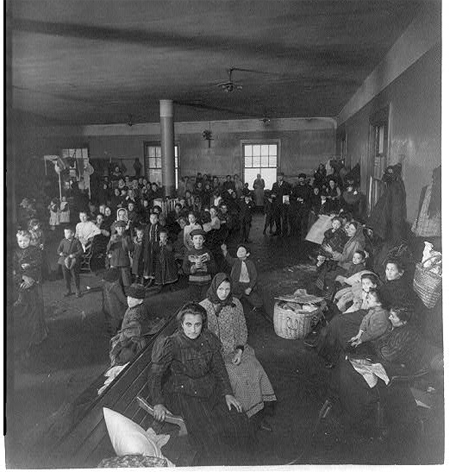Today in History: Julia Ward Howe
Today in History–January 28–the Library of Congress features Julia Ward Howe, who became the first woman elected to the American Academy of Arts and Letters on this date in 1908. Howe and her husband were active in the abolitionist movement. Later, time spent with Union troops inspired Howe to write the “Battle Hymn of the Republic” to the tune…

